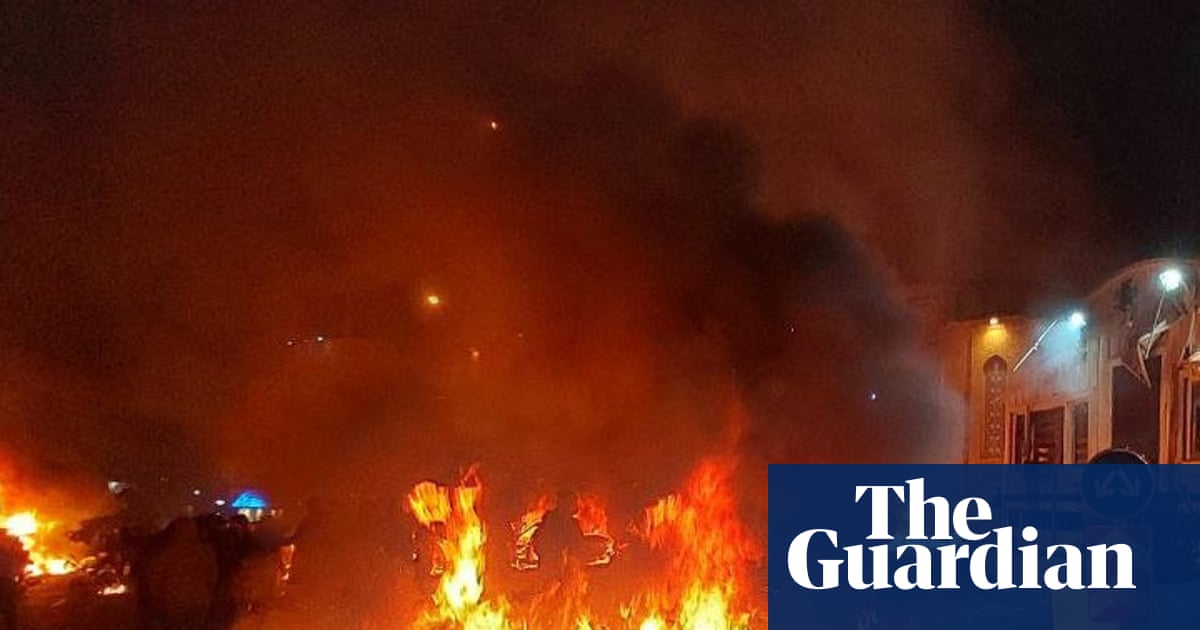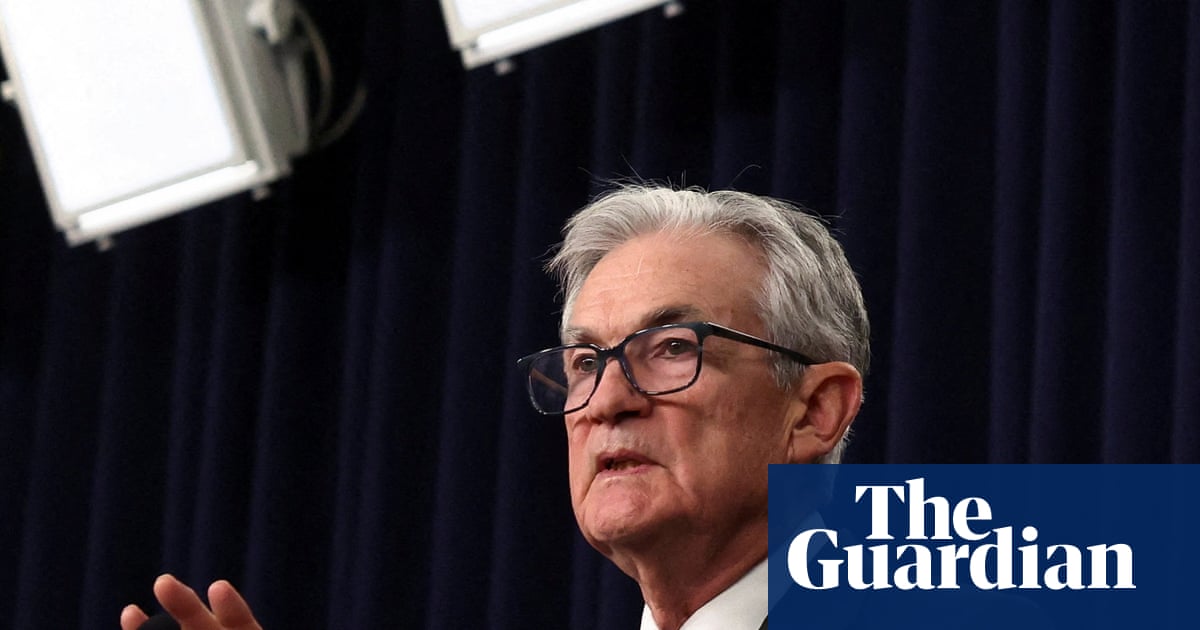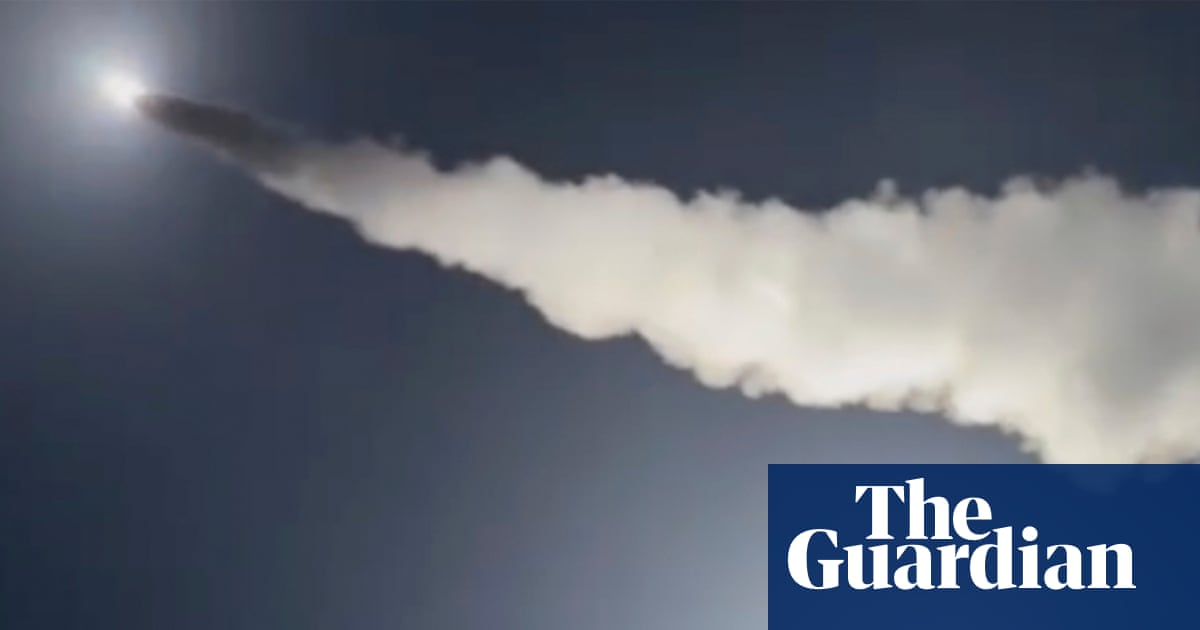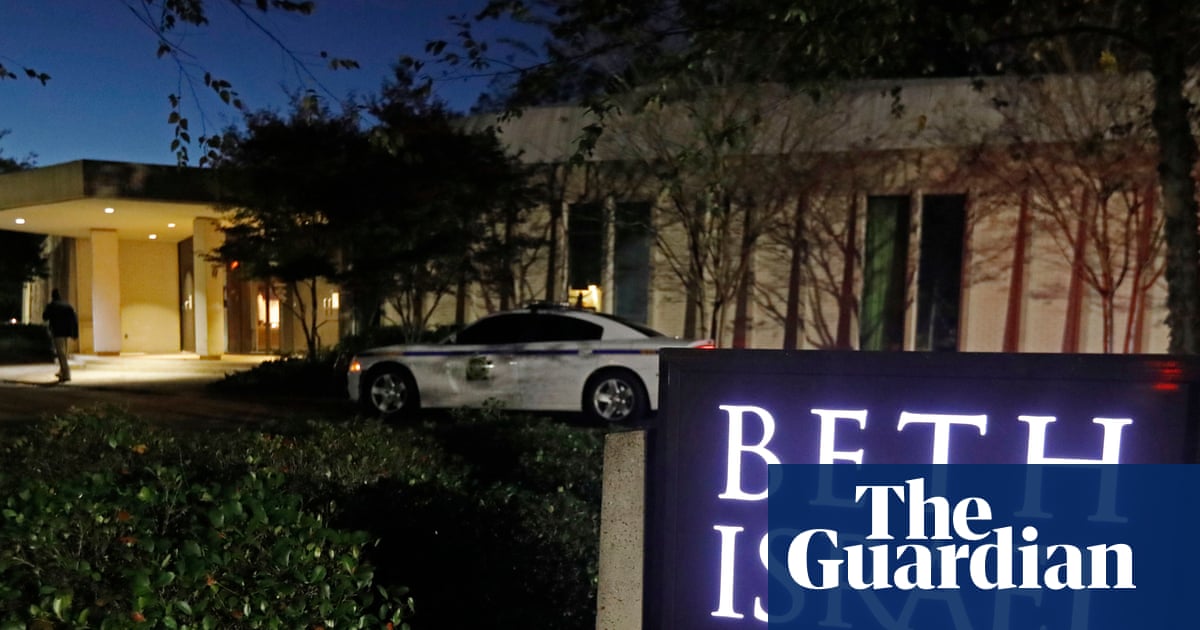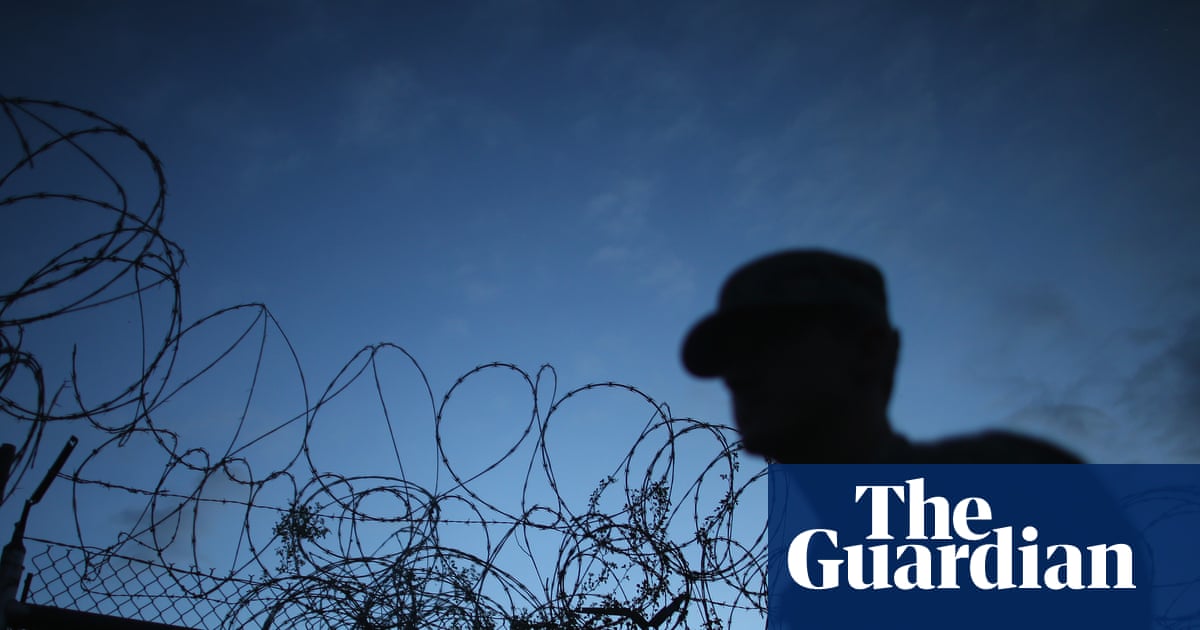The UK is expected to formally recognise Palestinian statehood in the coming days, having shifted its position on the subject in July, shortly after Emmanuel Macron announced that France would be making a formal announcement on statehood at the UN in New York this Monday.
Why is the UK recognising Palestinian statehood?
Formally, the UK is recognising Palestine as an independent state as part of an attempt to preserve and nurture the vision of a two-state solution in which the state of Palestine coexists next to Israel. There are genuine fears that Israel is about to annex the West Bank or make Gaza so uninhabitable that Palestinians are forced over the borders into Jordan or Egypt, so destroying the possibility of a Palestinian homeland. Recognition that Palestine is a state with the right to self-determination is an attempt to show Israel cannot simply annex land that the international court of justice has declared to be illegally occupied.
The UK set a group of conditions on Israel – and not the Palestinians – that if met would have meant the UK would hold back from recognition. These were: a ceasefire in Gaza, an end to Israel’s military campaign, and a commitment to long-term negotiations on a two-state solution.
The UK has said it envisages a Palestinian state in which Hamas is disarmed, plays no part in the future government, and the leadership of the Palestinian Authority is subject to elections within a year.
The requirement for Hamas to stand aside, seen as a precondition of recognition by France, was backed in the New York declaration endorsed by the Arab states on 29 July and then passed by the general assembly on 12 September.
What does recognising statehood entail practically?
Recognition is largely symbolic. When the UK’s position was announced the then foreign secretary, David Lammy, said: “It will not change the position on the ground.”
But it allows the UK to enter treaties with Palestine and would mean that the Palestine head of mission becomes a fully recognised ambassador. Some argue that a greater onus would be placed on the UK to boycott goods imported into the UK by Israel that come from the occupied territories. But it is more seen as a statement on Palestine’s future, and disapproval of Israel’s refusal to negotiate a Palestinian state.
What other countries is the UK joining in recognising statehood in some form?
Currently, the state of Palestine is recognised by more than 140 of the 193 member states of the UN.
Macron has led the current drive for recognition and if events go ahead as planned it will mean four of the five permanent members of the UN security council recognise Palestine next week. The US as the fifth UN security council member can continue to veto Palestine obtaining voting rights at the UN. It currently has speaking rights.
Other countries on the brink of recognising a Palestinian state are Canada, Australia, Belgium, Portugal, Luxembourg and New Zealand. They are likely to recognise it either immediately before or at a UN special conference on a two-state solution due to be held in New York on Monday, the day before the UN general assembly high-level week begins. One or two of these countries may make recognition conditional upon Hamas being disarmed.
Why is next week’s two-state solution conference particularly significant?
The conference is the culmination of months of diplomatic work led by Saudi Arabia and France sketching out what Gaza will look like after the war, including in the now widely supported New York declaration. It will be a moment of high emotion for all sides.
What do opponents of recognising statehood say?
There are two different criticisms. Israel and the US claim that recognition is a reward for the Hamas attacks on 7 October 2023. Israel also claims that the Palestinian Authority leadership is endemically corrupt, repressive and that the promise to hold elections has been repeatedly made only to be deferred. They claim no partner for peace exists.
A second criticism is that the two-state solution has become a diplomatic figleaf, and a relic of the past dating back to the 1993 Oslo accords that proposed a Palestinian state on 1967 borders. These critics argue the emotions ingrained by 7 October mean support for the concept has drained away on both sides of the divide.
In a new book, Tomorrow is Yesterday, two veteran negotiators – Robert Malley and Hussein Agha – describe the two-state solution as a meaningless distraction, and a performative notion that has been used by diplomats for 30 years to avoid finding real solutions. They say without practical steps to make Israel engage, “the offer of recognition won’t change the life of a single Palestinian”.

 3 months ago
134
3 months ago
134
